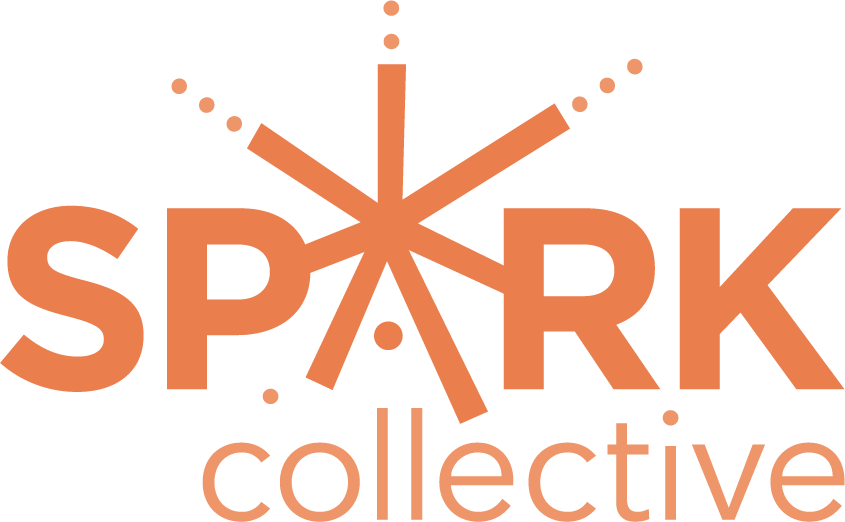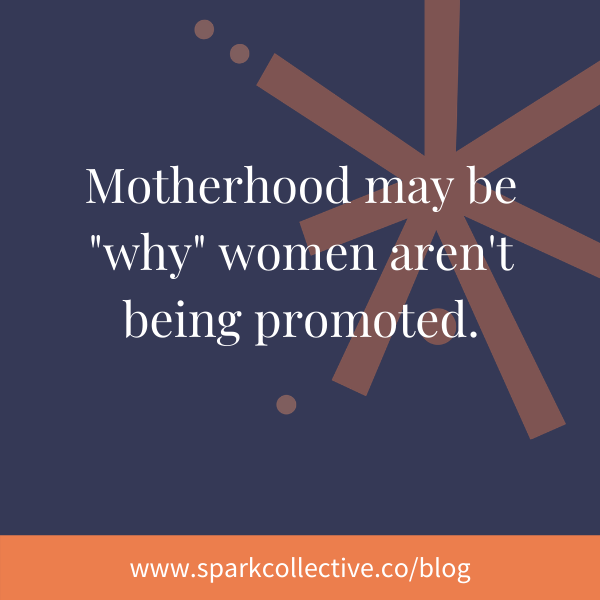Our “yes and” to the 5th annual Women in The Workplace Study.
This week, LeanIn.org and McKinsey & Company released their 5th annual Women In The Workplace study, the largest comprehensive study on the state of women in corporate America.
The top-line summary is that while, in recent years, more women occupy senior leadership roles, gender inequality persists across all levels of organizations, and LGBTQ women, women of color, and women with disabilities are particularly underrepresented. The study finds that the biggest obstacle women face when advancing their careers is being promoted to managerial roles. If this first step – this broken rung in the ladder – were fixed, it would be key to reaching gender parity.
While reading the report, I kept coming back to a key question: Why aren’t more women being promoted to managerial roles, especially if women are “doing their part,” as the report notes? As we seek root causes to understand the most effective solutions, it’s important to consider what is happening at the time of early career promotion and how women are being perceived.
We know from numerous studies that bias against working mothers- or the perception that one might soon become a working mother- presents a particular challenge to women’s advancement and is at play. Specifically:
- There is a general bias against women’s abilities to succeed in the workforce and a specific bias that women who are mothers won’t do a good job.
- 40% of Americans (across genders) think mothers shouldn’t work outside the home.
- The famous “resume study” conducted at Cornell University shows hiring managers of all genders rank working mothers as the least desirable job candidates, even when the resumes they submit are functionally the same as resumes from candidates who appear to be working fathers (the group that received the most favorable ratings).
- Many women’s careers accelerate into managerial roles around the time they have children, and it is likely that the motherhood penalty intersects with these first promotion opportunities, pushing or pulling women off of accelerated tracks, making it very hard to catch up.
What’s sparking for you? How could we in our unique roles amplify this message and support others to invest in women and working mothers at this critical stage of their careers? I’d love to hear your reflections and am always excited to thought-partner with you, too.
Here at Spark Collective, we are eager to work with organizations as they build the fair, diverse, and inclusive workplaces that are excellent for business. We know that with the right training, coaching, and accountability, meaningful and accelerated progress is possible.



Recent Comments